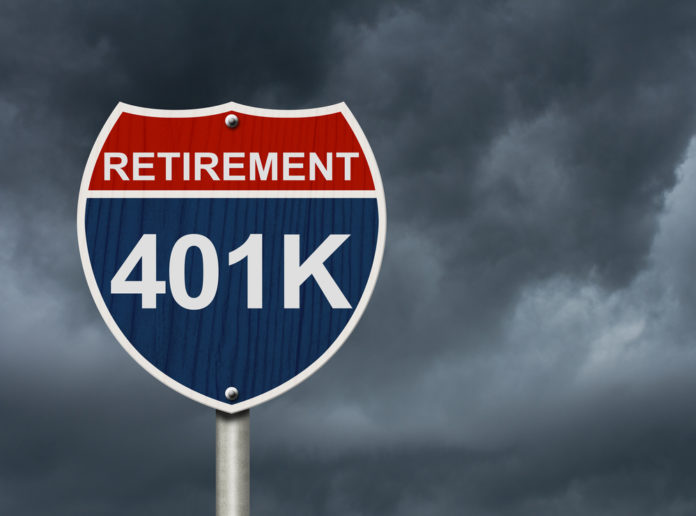With the baby boom generation approaching retirement, more people than ever are concerned that they will be unable to retire comfortably at age 65. A Retirement Confidence Survey (RCS), conducted by the Employee Benefits Research Institute (EBRI), reflected American workers’ dwindling hopes to retire and maintain their current standard of living. This lackluster confidence is a result of inadequate savings, disappearing pensions, and the predicted insolvency of the Social Security system\. Over the past two decades in which the EBRI has conducted these studies, pessimism about a comfortable retirement has increased significantly, with 27% of workers in 2011 saying they were “not at all confident” about their retirement – an increase of five percentage points from 2010. This represents the highest level of pessimism in 20 years of the RCS. Although these statistics may seem alarming, Jack VanDerhei, EBRI researcher and co-author of the report, sees this trend as positive. “People are increasingly recognizing the level of savings realistically needed for a comfortable retirement,” says VanDerhei. “We know from previous surveys that far too many people had false confidence in the past … People’s expectations need to come closer to reality so they will save more and delay retirement until it is financially feasible.”
So what can you do if you are not feeling confident about your ability to retire comfortably? Delaying retirement for a few years may be your best option. The RCS showed that thirty-one percent of workers in 2011 said they believed they would need less than $250,000 to retire at 65 and live comfortably. In reality, most people will need more savings than that to maintain their current standard of living. To figure out your needed savings level, there are a number of retirement savings calculators available online, like this one at http://www.choosetosave.org/ballpark/. You should use a financial calculator first to determine what your needs will be in retirement. If your savings are not enough to cover you for 10 or 20 years after you retire, you should consider remaining in the work force for a few more years to continue accumulating your nest egg.
Many people believe they can rely entirely on their Social Security benefits to finance their retirement and will retire as soon as they are eligible to receive them. American workers generally retire in their early 60s, and can receive partial Social Security Benefits at age 62; but, the Social Security Administration offers full retirement benefits to those who reach “full retirement age.” As an example, for those who are born 1937 or earlier, your full retirement age is 65; for those who are born 1960 or after, your full retirement age is 67. Keep in mind that the average person receiving full benefits gets about $30,000 per year or less from Social Security. For anyone with a higher income than that, it would be prudent to continue working for a few more years. If you choose to retire at your earliest opportunity, you will have to stretch your savings much more than if you had waited a few years. By staying in the workforce, you can supplement your Social Security benefit; but, that should not be your only income stream. As the large number of baby boomers begin to retire, benefits are likely to decrease. New Congressional estimates say the trust fund supporting Social Security can only pay out 75% or less of its normal benefit by 2017.
If you are able, remaining in the workforce can keep you active and help you feel productive, as well as allow you to accumulate more savings. If you are just itching to retire, you may want to consider gradually cutting back your workload or getting a less stressful or physically demanding job instead. Decreasing your work obligations could feel like a retirement of sorts, but will allow you to continue making income. In any case, if you feel you are able to keep working, you should – Social Security tells us retirement begins at 65, but your career doesn’t have to end there. Use a retirement calculator to determine what your needs will be, and if your savings are a bit too thin to support you in your retirement, remain in the work force until you can live comfortably. Your bank account will thank you.













